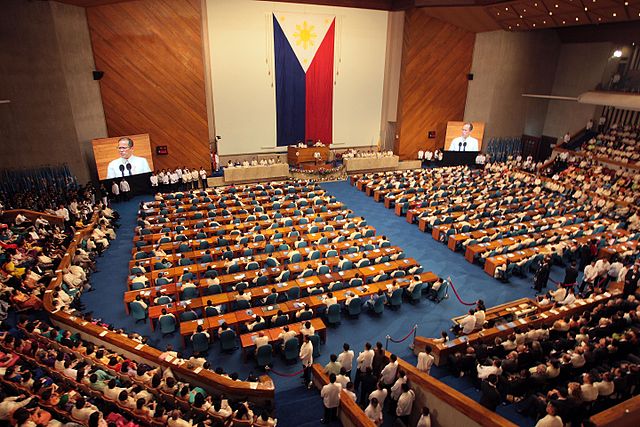
MANILA — The recent United States Food and Drug Administration’s approval of the dengue vaccine Dengvaxia supports the finding that former Philippine health authorities and Sanofi Pasteur blundered in pushing for the indiscriminate mass inoculation of Filipino school children, a lawmaker at the House of Representatives said on Friday.
Surigao del Sur Rep. Johnny Pimentel said a review of the US FDA’s official statement on its May 1 approval of Dengvaxia clearly showed that the vaccine should only be used in children previously infected with dengue.
“But in our case, children were vaccinated wholesale, regardless whether they had or did not have prior dengue infection,” Pimentel said in a statement.
Pimentel said various studies have independently confirmed previous findings that children who never had dengue infection, but who were given Dengvaxia shots anyway, had an increased risk of hospitalization and a severe case of the debilitating mosquito-borne disease from the third year after vaccination.
But even before the program was abandoned by the government, the purchase of the vaccines was already being investigated by the House of Representatives and the Senate.
Around PHP 3.5 billion was disbursed by the Aquino administration to purchase three million doses of Dengvaxia vaccine.
Pimentel, who was the former chairman of the House Committee on Good Government and Accountability committee which conducted a joint inquiry with the House health panel into the controversial program, decried the human and financial cost of the past administration’s costly blunder.
Pimentel pointed out that there are now more than 800,000 students to take care of, not including the anguish and anxiety of their parents.
He said while Congress earmarked PHP 1.16 billion “to provide the necessary health and medical assistance to Dengvaxia vaccinees,” the current government will be spending another PHP213 million this year to deploy an additional 425 nurses to monitor the school children who received Dengvaxia shots.
“The nurses will visit public schools to check on the health condition of vaccinees, while others will be assigned to hospitals to keep close tabs on admissions of vaccinees,” Pimentel said.
The Dengvaxia controversy has also contributed to low immunization rates in the other vaccination programs of the government, which, in turn, led to several measles outbreaks in almost all provinces of the country.
The Department of Health (DOH), during the Aquino administration, launched a national anti-dengue immunization program using Dengvaxia, the first registered anti-dengue vaccine in the world.
Since the program was launched in April 2016, around 800,000 individuals, mostly children, were inoculated with Dengvaxia.
The program was halted in December 2017 by President Rodrigo Duterte’s administration after Sanofi Pasteur announced that new clinical data analysis found that Dengvaxia is more risky for people not previously infected by the virus.
The congressional probes initiated by the House and the Senate has resulted in various cases filed against former DOH officials.
The Department of Justice has recently found probable cause to indict former health secretary Janette Garin and nine other DOH officials for reckless imprudence resulting in homicide.
In a statement released last March 1, the DOJ said the preliminary investigations have found “sufficient evidence that Garin and other respondents circumvented various regulations in the purchase of PHP3.5 billion worth of Dengvaxia vaccine which constituted proof of their reckless imprudence.”
If found guilty, Garin and the other respondents indicted may face imprisonment of up to six years.